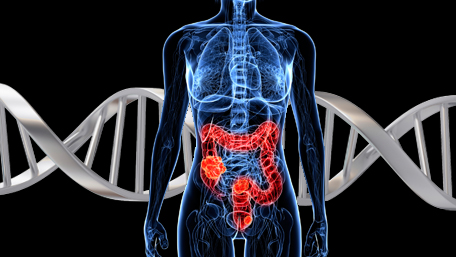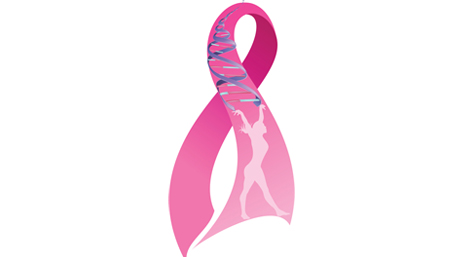
06/13/2020
Hot Topics of the Day are picked by experts to capture the latest information and publications on public health genomics and precision health for various diseases and health topics. Sources include published scientific literature, reviews, blogs and popular press articles.
Sign up MyPHGKB to receive the daily hot topic email alert.
Archived Hot Topics of the Day By Date
ation could make coronavirus more infectious, study suggests
M Fox, CNN, June 12, 2020
Rapid point of care nucleic acid testing for SARS-CoV-2 in hospitalised patients: a clinical trial and implementation study
DA Collier et al, MEDRXIV, June 11, 2020
Population-scale Longitudinal Mapping of COVID-19 Symptoms, Behavior, and Testing Identifies Contributors to Continued Disease Spread in the United States
WE Allen et al, MEDRXIV, June 11, 2020
V-pipe: a computational pipeline for assessing viral genetic diversity from high-throughput sequencing data
SP Cespedes et al, BIORXIV, June 11, 2020
Differential expression of COVID-19-related genes in European Americans and African Americans
U Singh et al, BIORXIV, June 10, 2020
Global cataloguing of variations in untranslated regions of viral genome and prediction of key host RNA binding protein-microRNA interactions modulating genome stability in SARS-CoV2
P Mukherje et al, BIORXIV, June 12, 2020
Predicting inhibitors for SARS-CoV-2 RNA-dependent RNA polymerase using machine learning and virtual screening
R Cozac et al, ARXIV, June 9, 2020
Aspirin for Lynch syndrome: a legacy of prevention
MB Yurgelun et al, The Lancet, June 13, 2020
Cancer prevention with aspirin in hereditary colorectal cancer (Lynch syndrome), 10-year follow-up and registry-based 20-year data in the CAPP2 study: a double-blind, randomised, placebo-controlled trial
J Burn et al, The Lancet June 13, 2020
The limited use of US residual newborn screening dried bloodspots for health disparity research
NO Riches et al, GIM, June 11, 2020
Key steps for effective breast cancer prevention
KL Britt et al, Nat Rev Cancer, June 11, 2020
Disclaimer: Articles listed in Hot Topics of the Day are selected by Public Health Genomics Branch to provide current awareness of the scientific literature and news. Inclusion in the update does not necessarily represent the views of the Centers for Disease Control and Prevention nor does it imply endorsement of the article's methods or findings. CDC and DHHS assume no responsibility for the factual accuracy of the items presented. The selection, omission, or content of items does not imply any endorsement or other position taken by CDC or DHHS. Opinion, findings and conclusions expressed by the original authors of items included in the Clips, or persons quoted therein, are strictly their own and are in no way meant to represent the opinion or views of CDC or DHHS. References to publications, news sources, and non-CDC Websites are provided solely for informational purposes and do not imply endorsement by CDC or DHHS.
- Page last reviewed:Feb 1, 2024
- Page last updated:May 14, 2024
- Content source:





